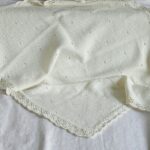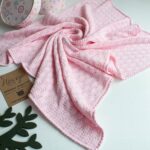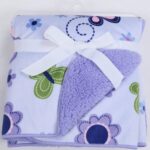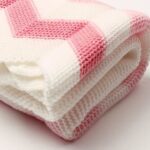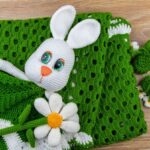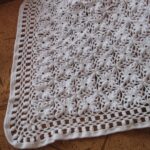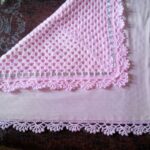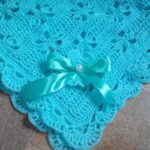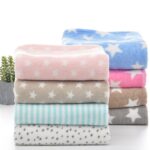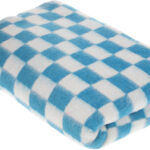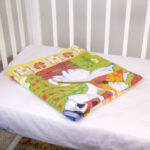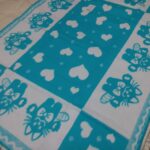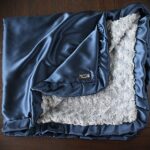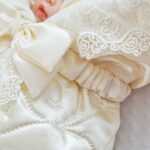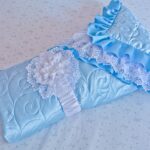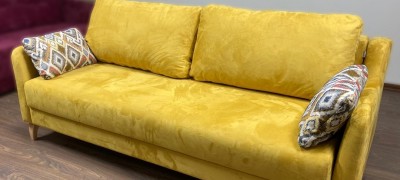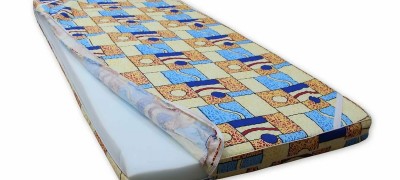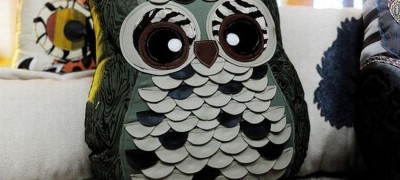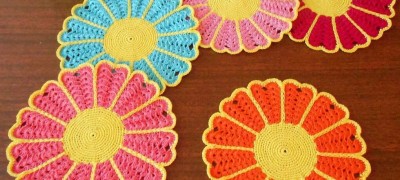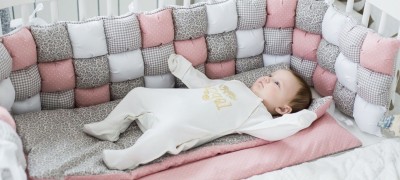Description and DIY sewing of a blanket for discharge from the hospital
Discharge from the hospital is an important event. And, despite the fact that the main hero of the occasion is very small, it is important for parents that everything goes at a decent level. And it is not surprising that great attention is paid to the appearance of the baby: what to wear, what to wrap.
Accessory features
Let's start with the definition: a blanket is understood as a dense product that is made of warm material. Initially, blankets were made of woolen or semi-woolen fabric. Today, the range of materials has increased significantly, and you have the opportunity to choose the most suitable option not only in composition and color, but also in price. Recently, more and more attention is paid to hypoallergenicity and light weight of the product.
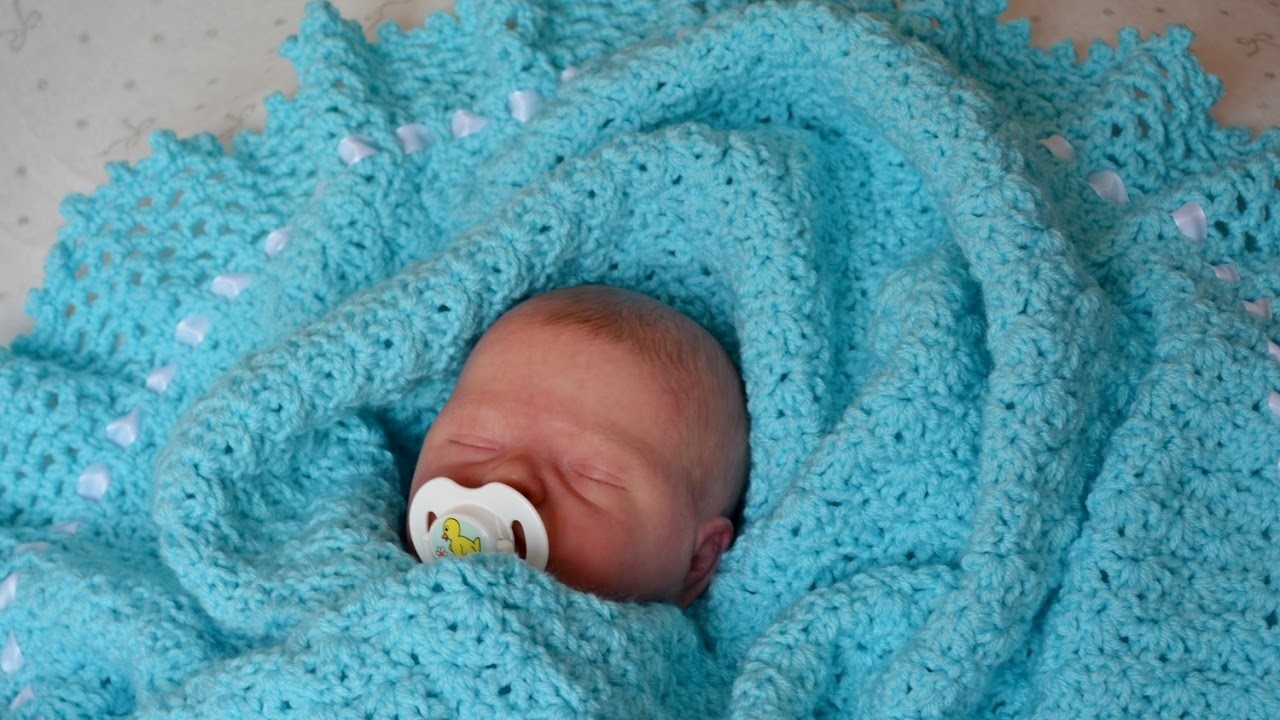
Someone may doubt: is the blanket for discharge from the hospital really such a necessary attribute? Then we immediately note that the scope of its application is limited only in the name. And in life, this does not mean at all that you will use it only once. The baby is covered with it during walks on the street, the crib is covered with a blanket, and over time, as the child grows up and the blanket gets older, the latter can be used as a rug for playing on the floor.
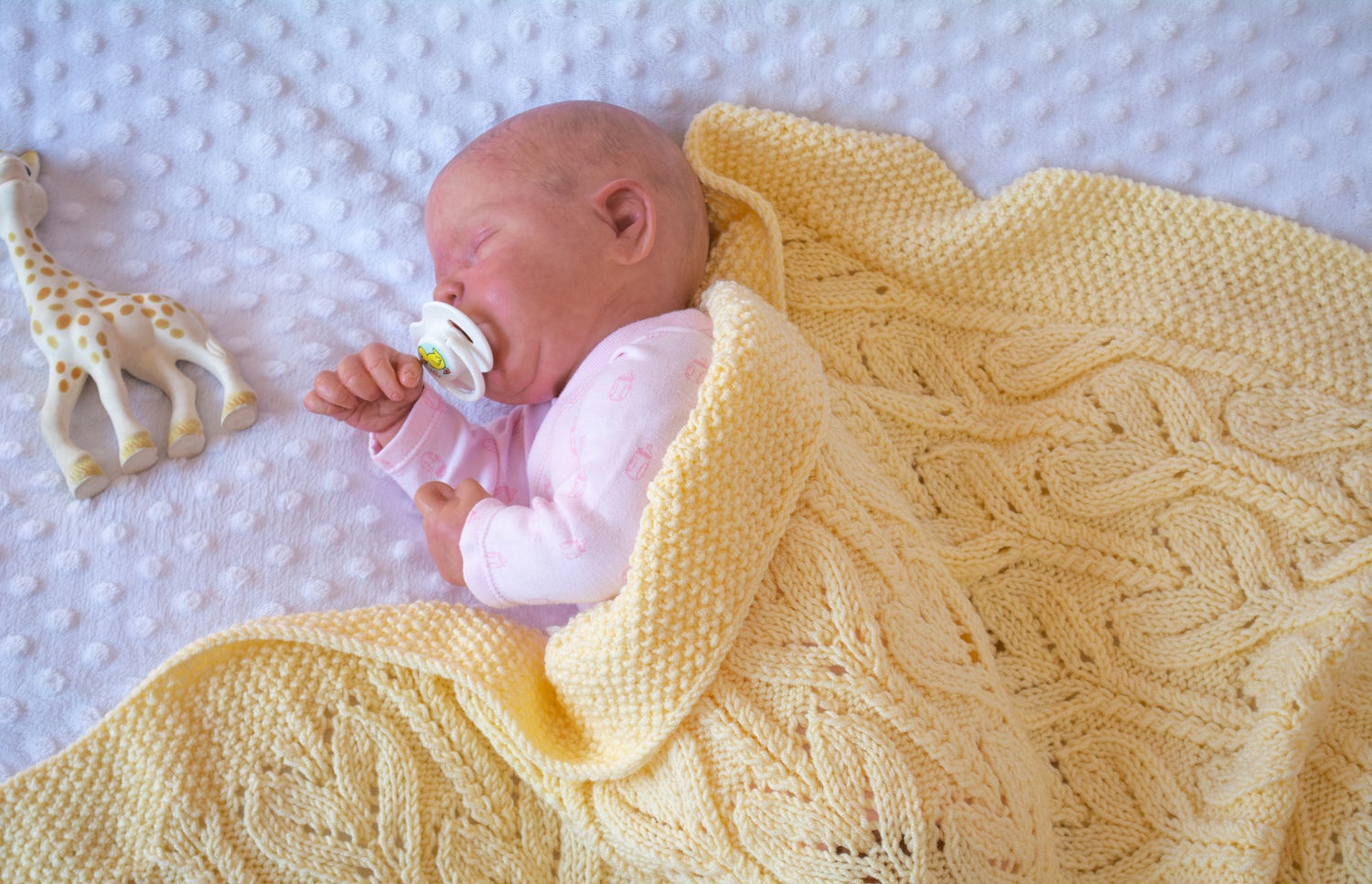
As you can see, a blanket for a newborn is one of the most versatile accessories.
Criterias of choice
In fact, the number of criteria in each case may be different. Let's dwell on the main ones.
The size
When deciding on the size, one should not think that the larger the better. In fact, too large a blanket will interfere with the baby when he begins to actively move his arms and legs. Moreover, in a voluminous blanket, the baby will become entangled, and even risk injury.
The most optimal dimensions are generally recognized as 75x100 cm or 80x110 cm. By the way, the blanket does not have to be rectangular, it can be square, with sides ranging from 80 to 100 cm. This is at the discretion of the parents, whoever is more comfortable.
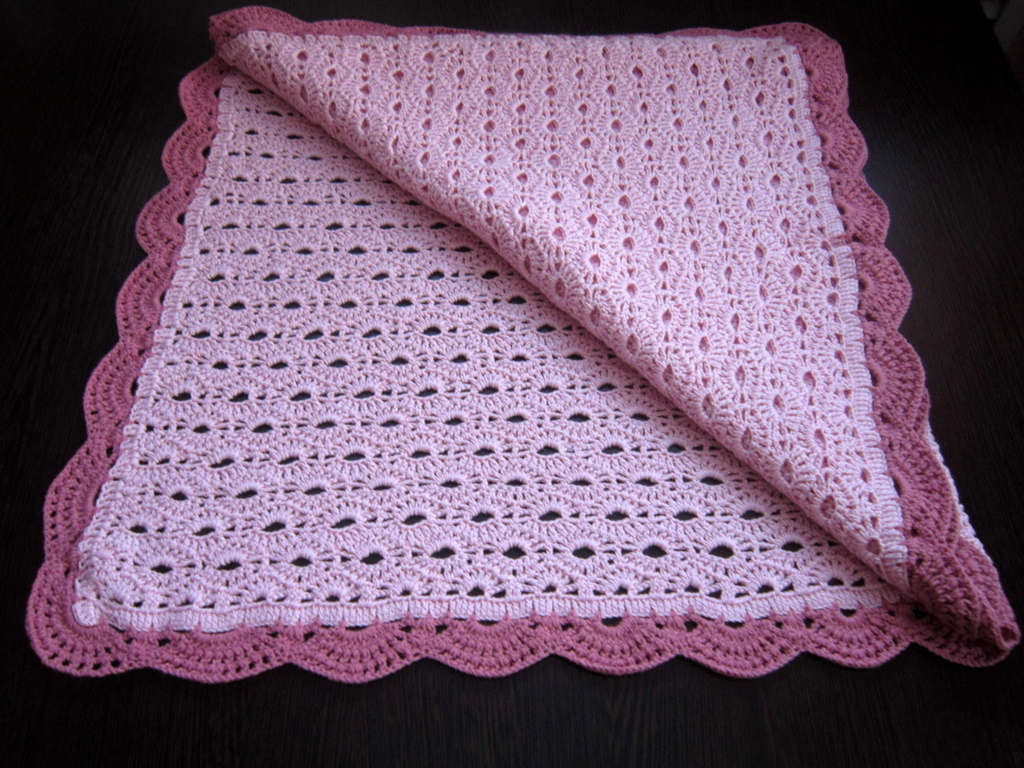
Material
Manufacturers offer a sufficient range of blankets from a variety of materials.
- Wool. Typically, wool blankets are knits that are created from pre-treated wool (yarn). It is important to remember that untreated wool is a powerful allergen that can cause symptoms ranging from skin irritation to respiratory problems. Therefore, proven manufacturers use exclusively adapted hypoallergenic yarns.
- Fleece and other lightly piled fabrics. This 100% polyester guarantees light weight and hypoallergenicity. Fleece is also appreciated for its unpretentiousness in wearing, the possibility of frequent washes and quick drying - you must admit that the advantages are very important for children's blankets, because they will have to be washed often.
- Cotton. This natural fabric is used both as an independent bedspread (usually summer models) and as a cover for warm filled blankets. Distinctive features of the material are air permeability, hygroscopicity, safety.
- Modal is a kind of viscose fabric.Blankets for newborns are extremely light, practical, environmentally friendly and breathable.
- Quilts made of mixed threads are often found: wool with synthetics or cotton with synthetics.
Design and color
For some reason, not all parents consider the choice of colors to be important, but in vain. Child psychologists and color therapists have long proven that color and pattern greatly affects the psychological and physical condition of a child. Even shades and ornaments matter.
For a child under two years old, you can safely choose a black and white model, since the baby distinguishes only these two colors. But later it is better to avoid black, red, orange or purple in the environment of the baby.
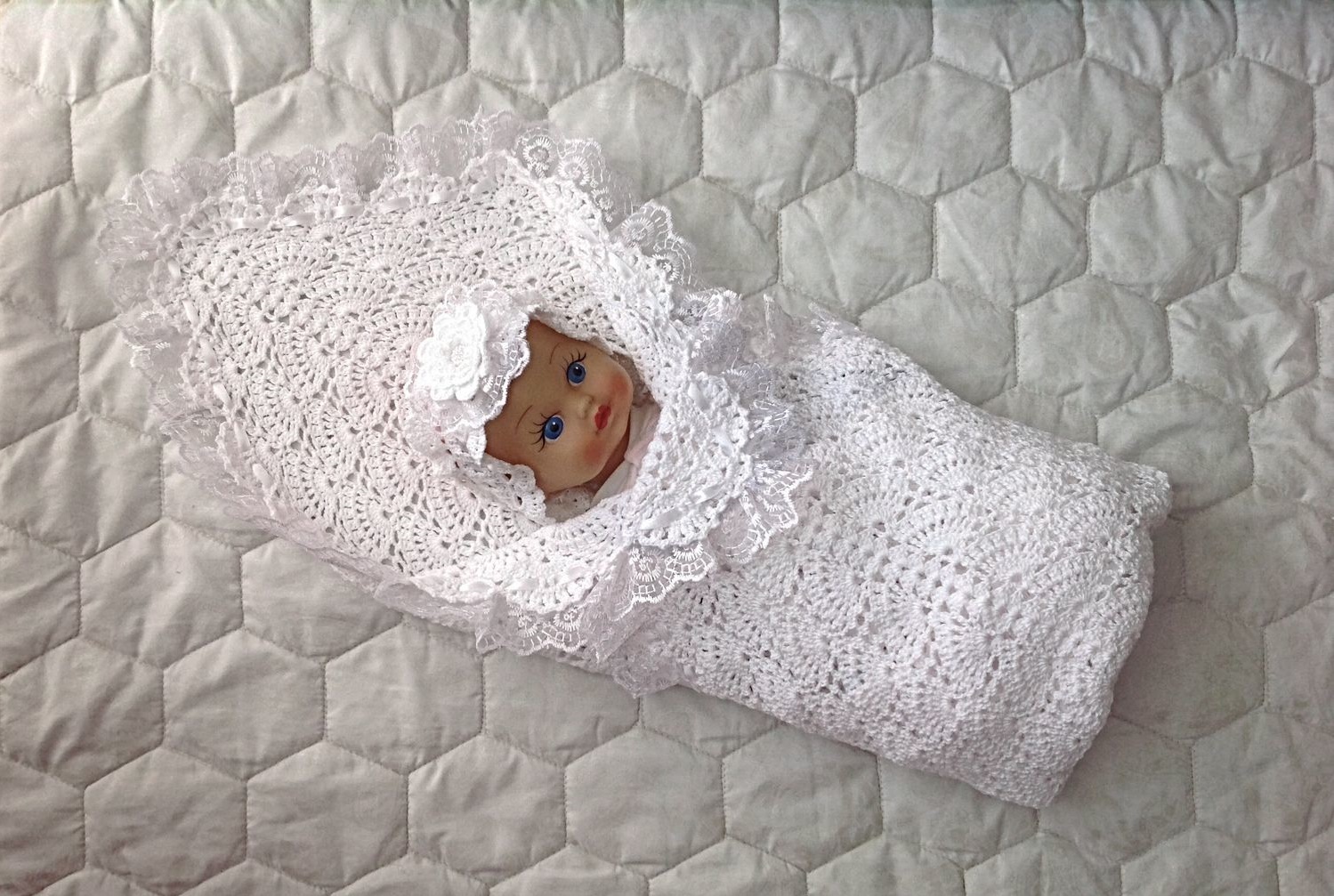
By the way, delicate colors and eye-pleasing drawings will give mom some free time, as the child will look with interest at the shades he likes.
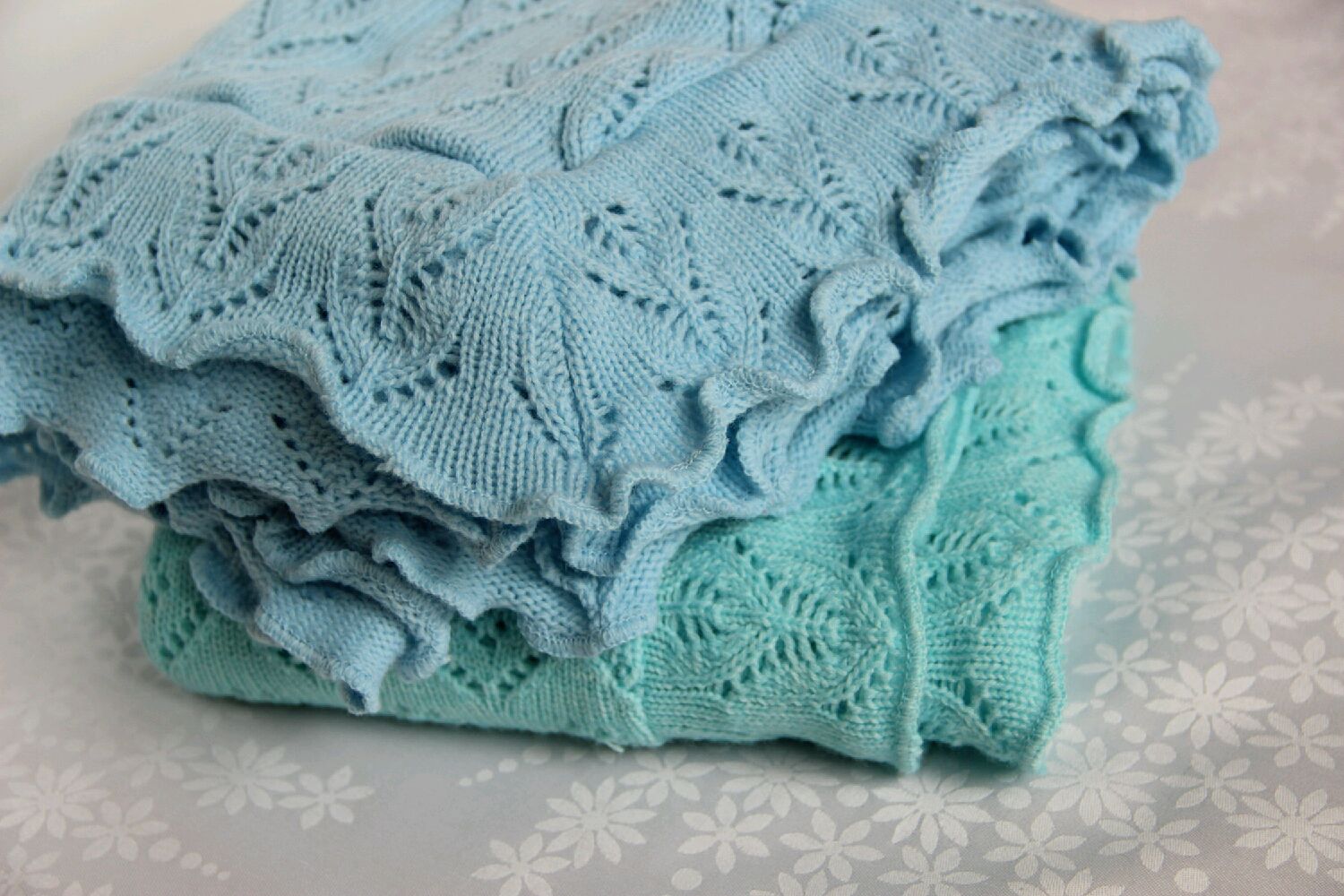
Season
Another aspect that should be taken into account when choosing a blanket. A warm and dense product will be completely out of place in summer, and, on the contrary, a light airy blanket is inappropriate in winter. For the cold season, it is quite possible to use faux fur blankets or woolen models with a filler. If it is very cold, then a sheepskin blanket envelope would be an excellent solution.
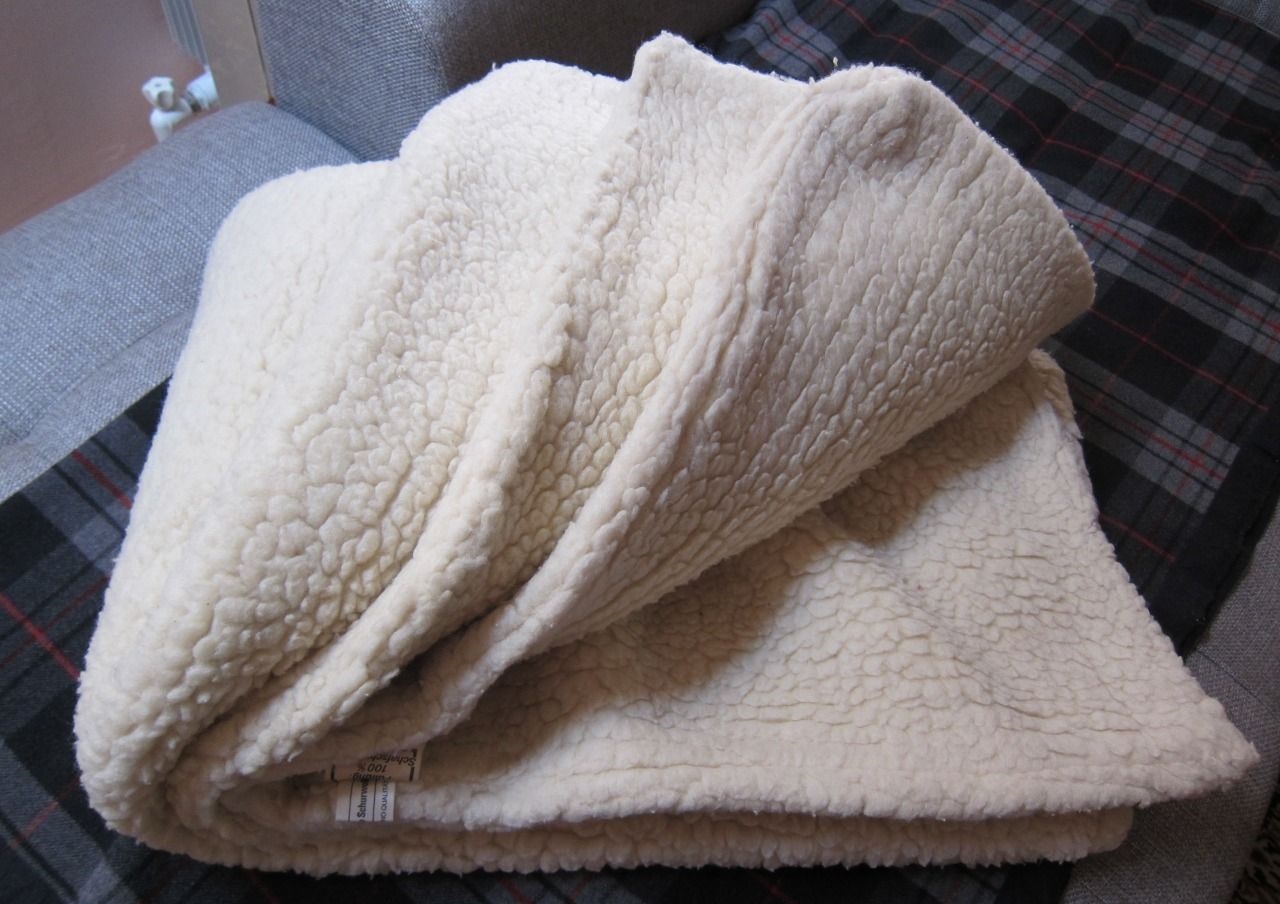
Well, for a warm spring or summer, it is better to purchase a cotton blanket, from a knitted fabric with a natural or mixed composition. Openwork bedspreads made of cotton threads look spectacular.
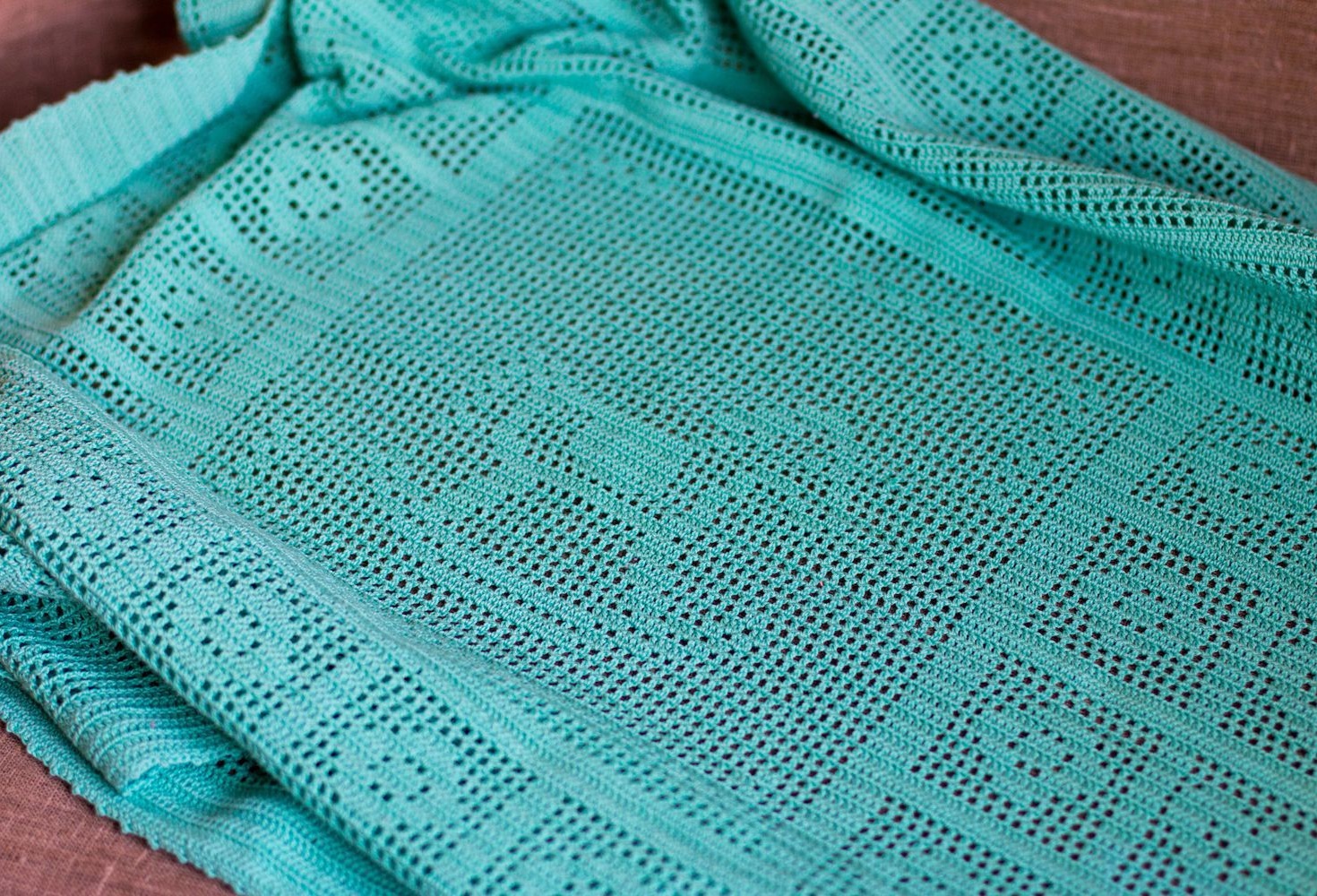
You should be especially careful when choosing a blanket, if the discharge from the hospital fell on the off-season, then it is better to insure yourself and make a choice in favor of a warmer option.
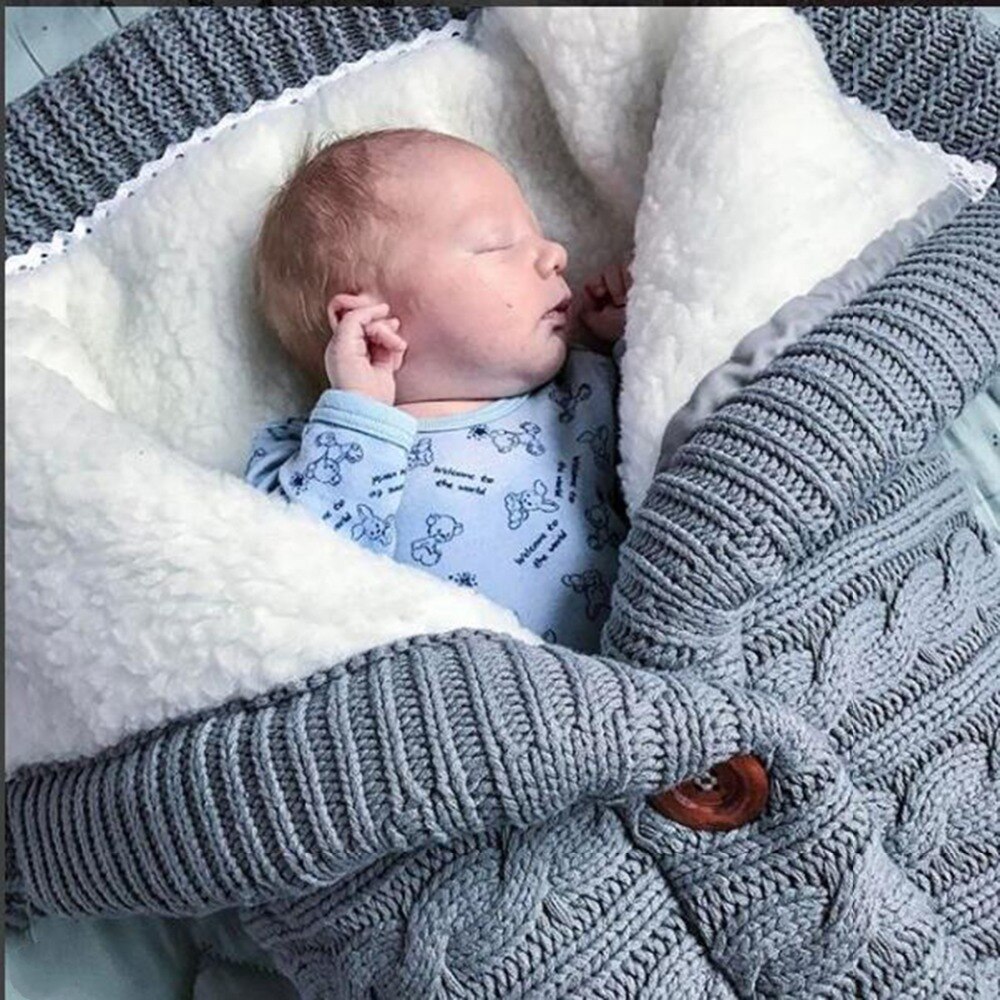
Varieties of blankets
A knitted blanket for discharge from the hospital in the summer becomes, as they say, a classic of the genre. More and more young mothers and caring grandmothers prefer this option. It is believed that this kind of handmade keeps the warmth of the hands, and is also exclusive. The variety of yarns available and the huge number of patterns ensure that everyone has their own perfect fit.
Prefer a light translucent cotton yarn blanket - please! A huge number of crocheted patterns are at your service!
Or maybe a moderately warm bedspread for the off-season is more suitable for you? Then an acrylic blanket with voluminous braids would be the right choice.
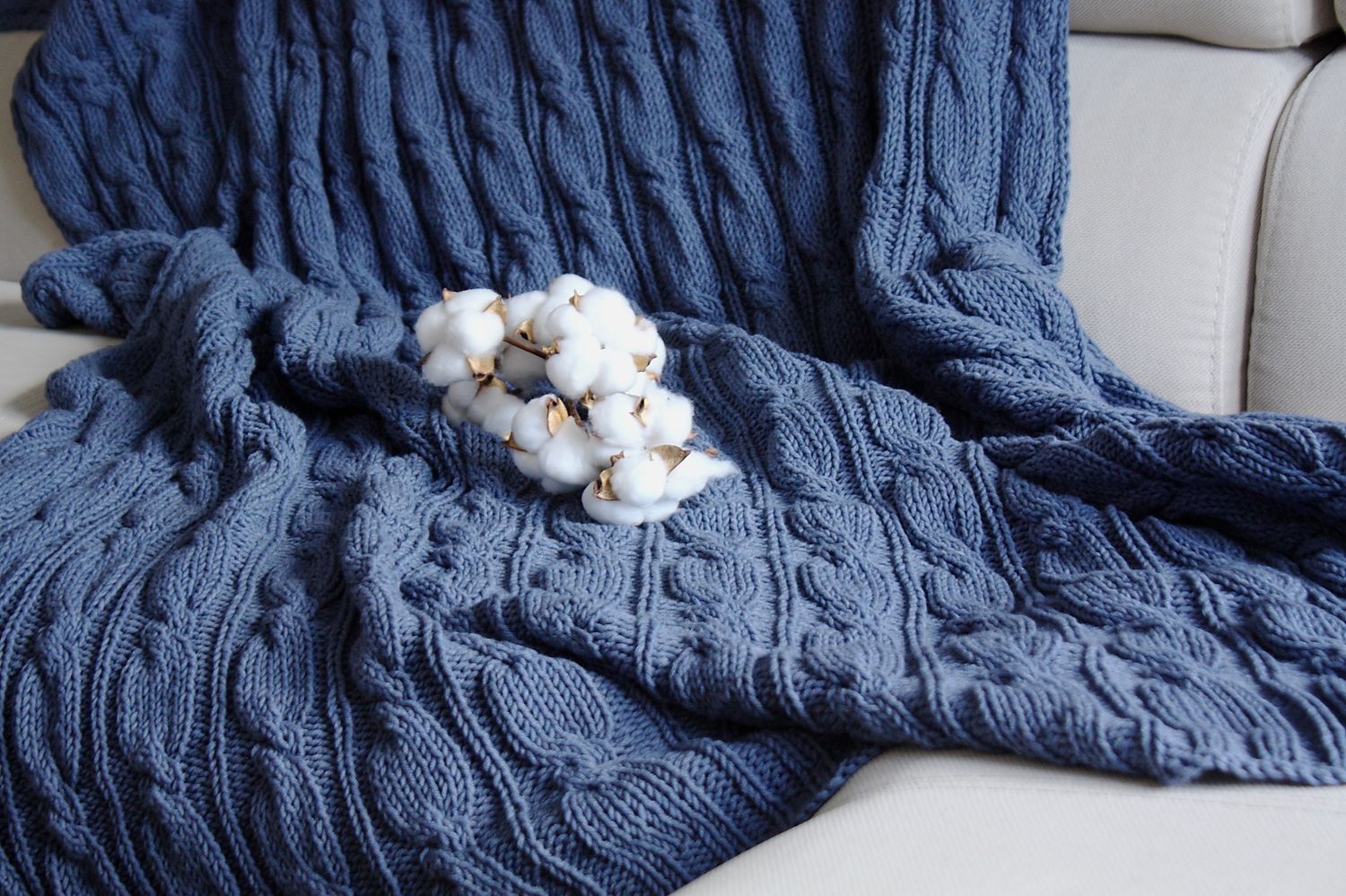
Finally, if you need the warmest option, order a natural wool blanket. By the way, in the latter case, the plaid will not necessarily be thick and heavy, because today the craftswomen have thin and very warm yarn at their disposal.
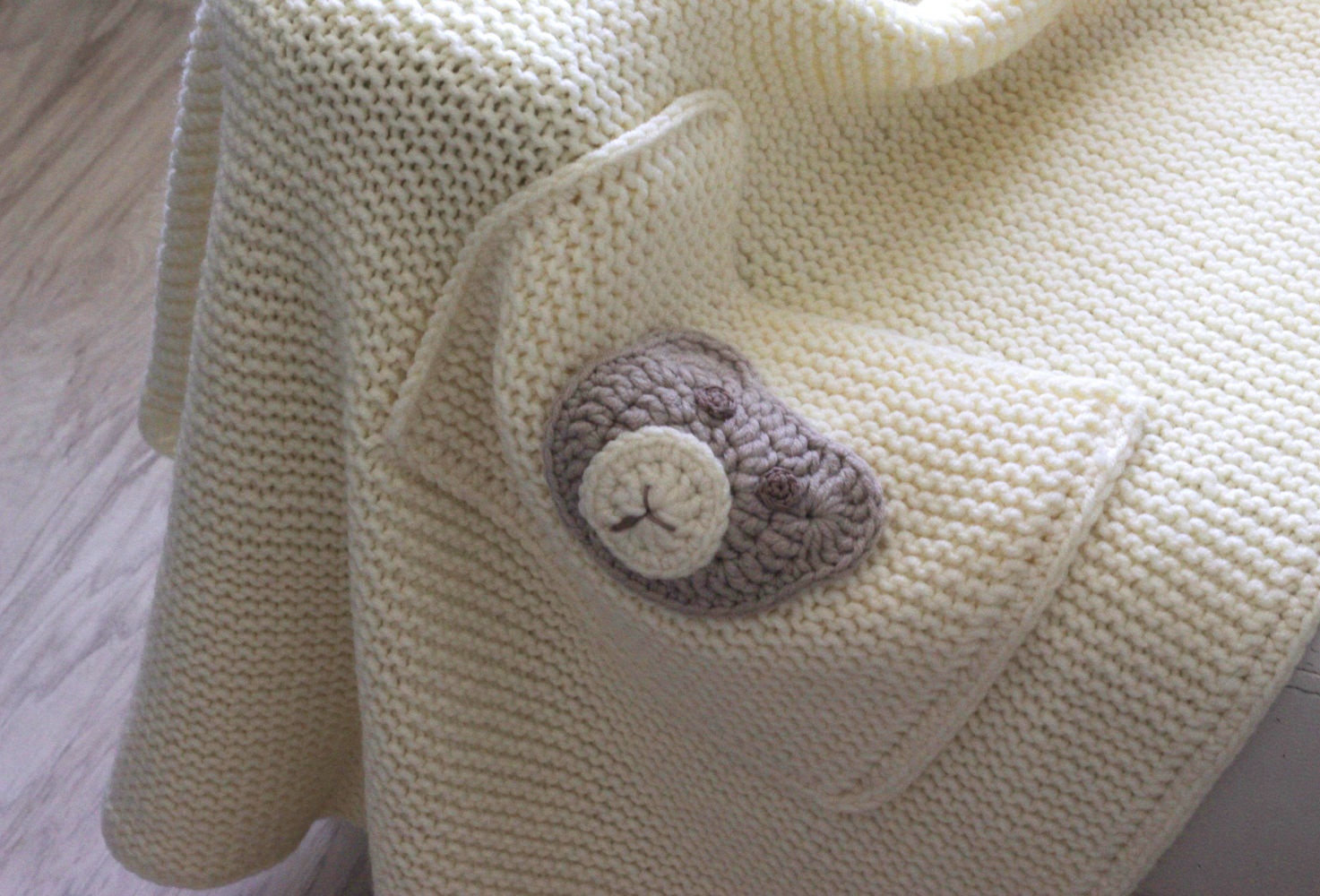
If you are more into a traditional choice, then a bike blanket is just what you need. Such bedspreads are made of soft cotton material, moderate "looseness", with double-sided pile. They are breathable, environmentally friendly and have a good ability to retain heat. And the design is available in the most varied: from traditional cages to unusual thematic drawings.
Although, in fairness, it is worth noting that bike bedspreads are considered an everyday accessory, they are indispensable for walking or use at home, and a baby blanket for discharge from the hospital should be more elegant.
Dressy blankets for the day of discharge are a separate category of things for newborns. They work especially carefully on the design. It can be bedspreads made of silk, satin, with delicate trimming from beautiful lace.
Quilted blankets for newborns are another "unbroken", but quite popular topic. The upper and lower layers are made of a material that is pleasant to the touch (most often cotton), and a thin filler is placed inside.
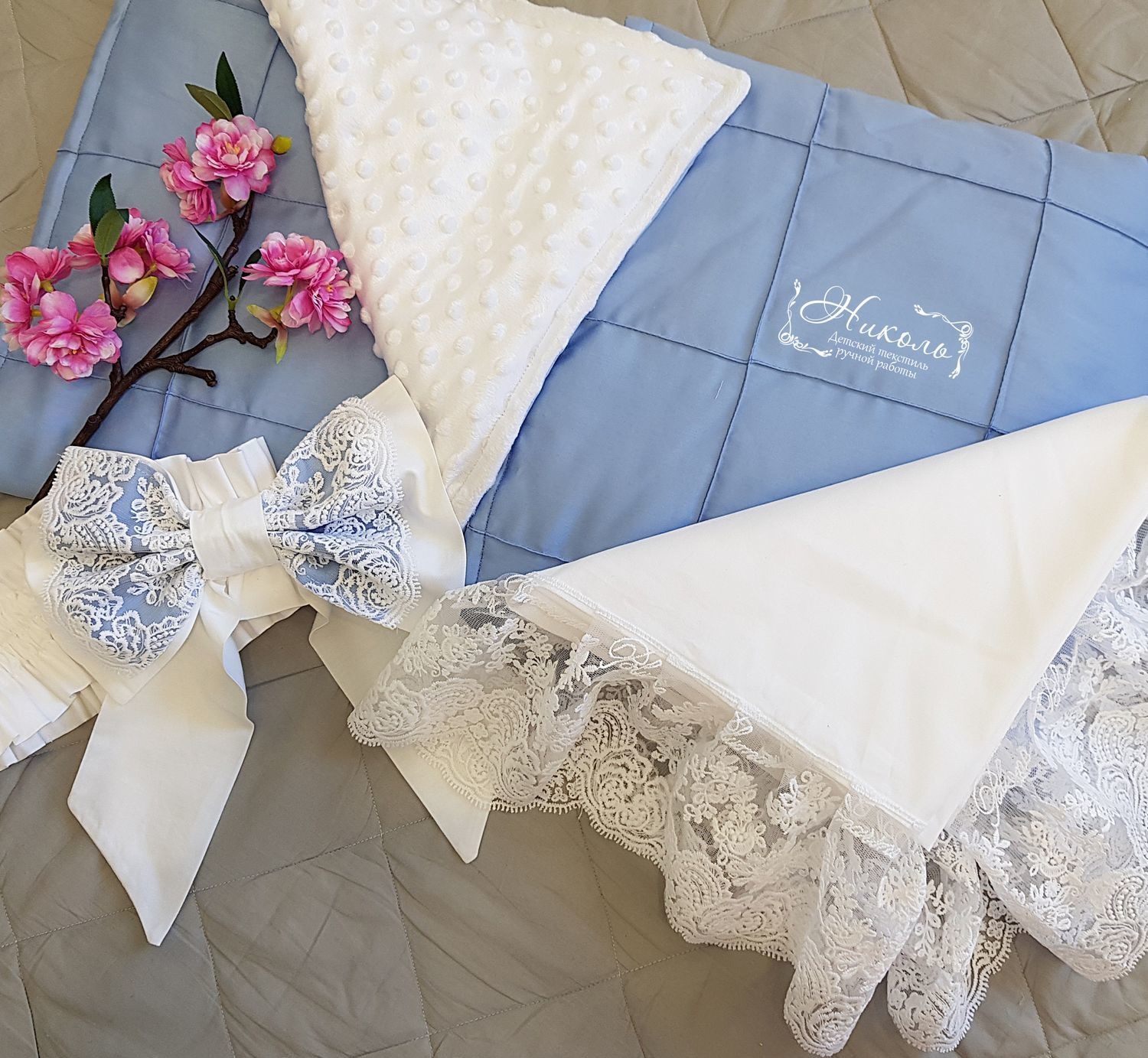
DIY plaid
Today it will not be difficult to find interesting patterns for a baby blanket. If you prefer knitted things, then first you need to decide which technique is closer to you: knitting or crocheting.
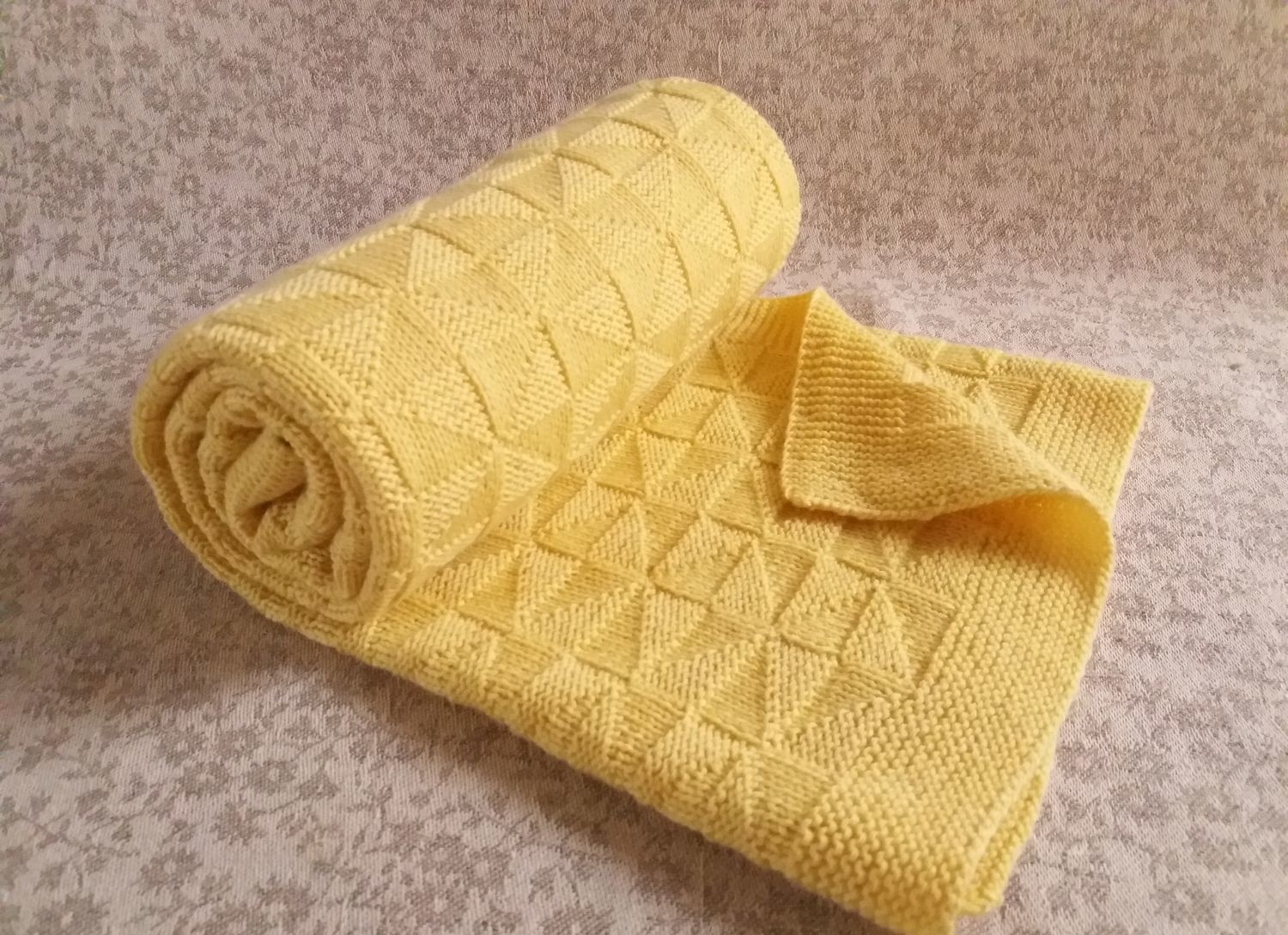
Bedspreads made of separate fragments are becoming more and more popular. Such models turn out to be unusually positive, pleasing to the eye. Well, if you knit yourself, then such a blanket is a great opportunity to make numerous leftovers of thread into business.
If you prefer monochromatic models, then you can make the bedspread interesting due to an unusual scheme. Although, hand-made products look very elegant even with the simplest drawings and patterns.
Well, if you consider yourself an admirer of sewn blankets for discharge, then here is a step-by-step instruction for such a product:
- We prepare the necessary material: filler, cotton fabric and plush (we will place it in such a way that the baby is in contact with it). Important: plush is a capricious fabric, and it is better to cut it on the seamy side, otherwise you can ruin the canvas.
- We connect the plush with the filler and sew along the perimeter, stepping back from the edge of 0.5 cm. So that nothing "parted", we first pin it off with pins.
- Now we fold the cotton with the prepared plush face to face and sew around the entire perimeter, leaving 10-15 cm for turning. A little trick: it is better to leave the unstitched section on the side that does not stretch, then the hidden seam will be smoother and more invisible.
- We turn out the blanket, carefully inspect the corners and adjust them so that they are even and the same. We go through the entire product with an iron and steam. Now we proceed to the blind seam.
- At the final stage, we sew the entire blanket around the perimeter, or lay a finishing line. It is better if such a seam is located at a distance of 1.5-2 cm from the edge.
- At the end, we pass the iron over the entire blanket, in no case pressing on the product.
Alternatively, the plaid is additionally decorated with a bow or lace. Variations of such accessories can be very different, give free rein to your imagination.
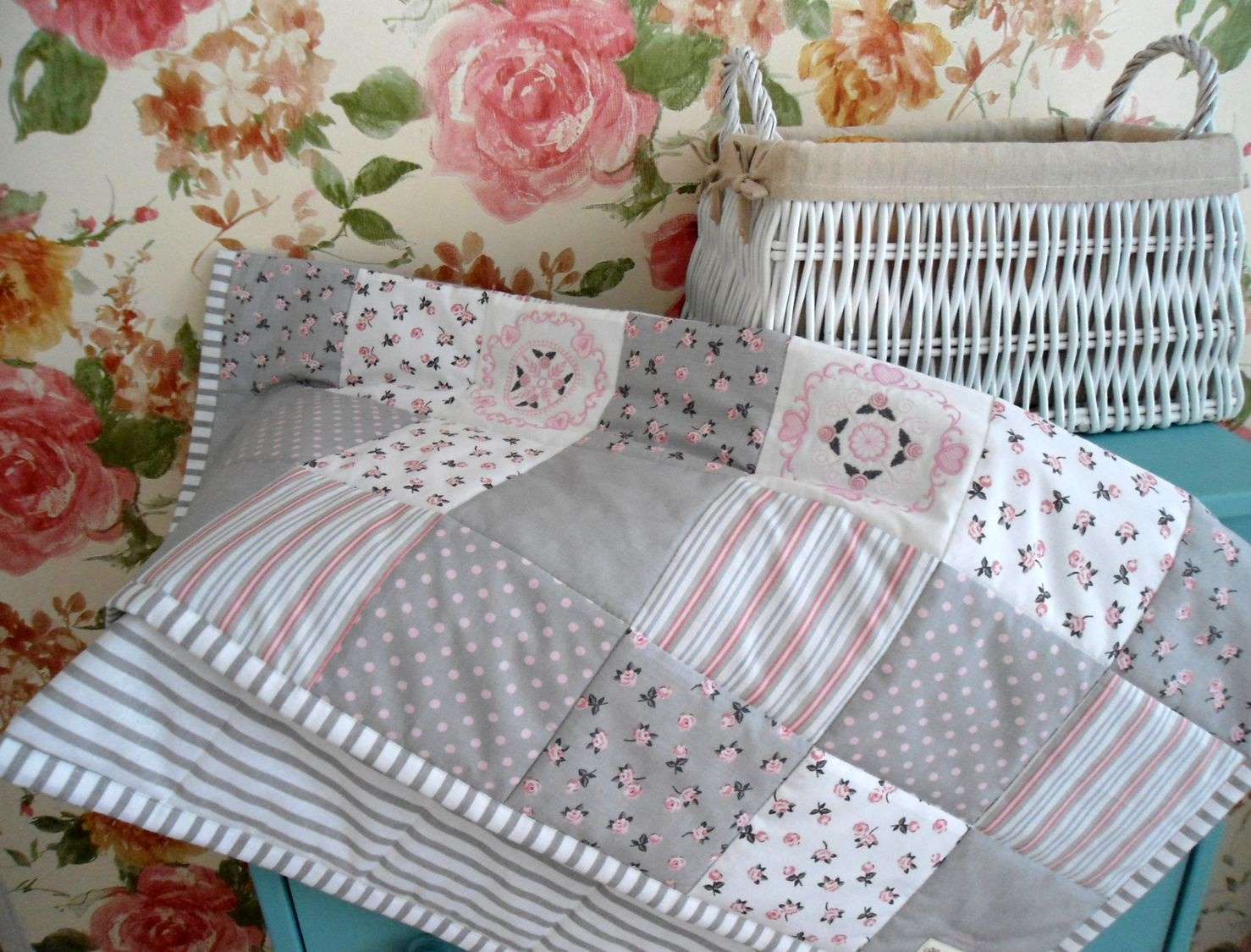
Discharge from the hospital is a joyful and unforgettable event. Therefore, I really want everything to be worthy and beautiful even in small things. And a spectacular blanket for a newborn will not only become a practical accessory, but will also add a feeling of warmth and tenderness to this unforgettable day.
Video: do-it-yourself blanket for discharge
